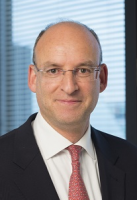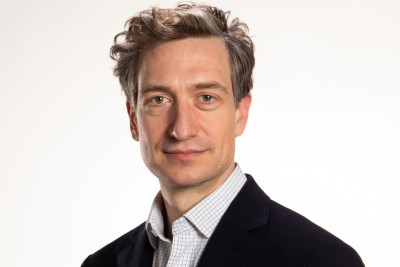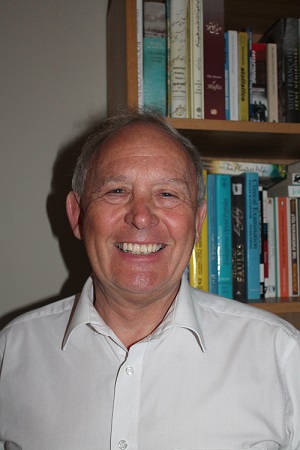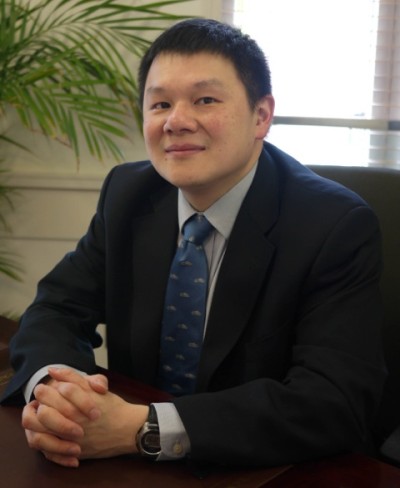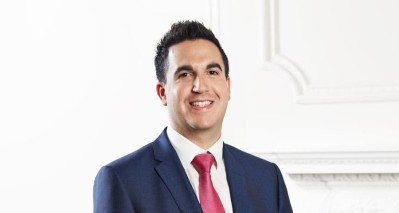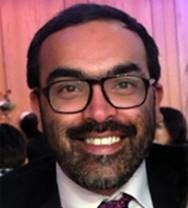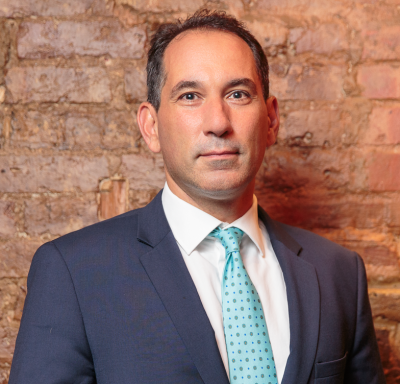The neuroendocrine tumour (NET) unit at the Royal Free Hospital receives referrals from across the UK as well as from abroad, and it is the designated centre for NETs within the North Centre London Cancer Alliance.
The unit provides optimal management for patients with NETs, considering how the tumour affects each individual.
The service provided is multidisciplinary and aims to enhance the prospects of treatment through a combination of clinical and laboratory research. The NET unit and oncology department conduct several clinical and basic science research trials relating to the treatment and pathogenesis of NET development.
Professor Martyn Caplin is the clinical lead and head of the unit.
How are NETs diagnosed?
Your consultant will carry out a combination of diagnostic tests, including blood tests, ultrasound, CT (computerised tomography) scans and MRI (magnetic resonance imaging) scans, to determine whether your health problems may be related to a NET.
In addition to standard tests, special blood tests are taken that look at various gut hormones. Nuclear medicine tests such as the octreotide scan or the gallium-68 octreotate PET (positron emission tomography) scan may also be carried out, to locate possible tumours and help plan future treatment.
Neuroendocrine charitable donations
The Royal Free Charity NET fund 311 provides patient support and research to support earlier diagnosis and advanced treatments for NETs. You can donate to NET fund 311 on the Royal Free Charity website.
24-hour 5-HIAA: HIAA is an abbreviation of 5-hydroxyindoleacetic acid. This urine test is conducted by 24-hour urine samples and is used to determine the level of serotonin in the body.
24-hour catecholamines: these hormones are created by the adrenal glands located at the top of the kidneys. This test measures the amount of the hormone in the urine.
ACTH: ACTH is an abbreviation for the adrenocorticotropic hormone produced and secreted by the anterior pituitary gland. This test is to check the level of ACTH.
Bone scan: this test detects the damage to the bone including trauma and infection; it can also find if cancer has spread to the bones. A radioactive tracer is injected to enable pictures to be taken by our SPECT/CT scanner.
Chromogranin A: this is a protein produced by a neuroendocrine cell. It is used as a marker for diagnosis of a NET.
Biochemistry profile: biochemistry tests measure the chemical substances carried by the blood. They can indicate the functioning level of the liver and kidneys and the levels of fats and sugar circulating the body.
Calcium: calcium is measured as levels may be increased or decreased in a variety of bone diseases and some glandular diseases. They are also useful when assessing liver function.
Calcitonin: calcitonin is a naturally occurring hormone which helps regulate calcium levels in your body and is involved in the process of bone building.
Cortisol: cortisol is a steroid hormone produced by the body. Steroid hormones help control metabolism, immune functions and salt/water balance.
Fasting gut hormones: this blood test measures hormones which may be produced by some NETs. Samples must be taken in specially prepared bottles and handled in a specific way. This test cannot be performed at your GP surgery.
FDG PET scan: FDG is an abbreviation for fluorodeoxyglucose, the tracer injected for this scan using a PET/CT scanner. The scan identifies the presence of a metabolically active tumour (usually a higher grade tumour) within the body.
Gallium-68 octreotate PET scan: gallium-68 is a radioactive tracer attached to octreotide. It is injected intravenously and is very specific for identifying NET cells.
General blood count: this test calculates the composition of your blood which is made up of white blood cells, red blood cells and platelets. Abnormally high or low counts may indicate the presence of many forms of disease. Initially, they provide an overview of a patient’s general health status.
mIBG scan: mIBG is injected as the radioactive tracer for this scan. The scan shows the doctor how certain organs are working and helps identify abnormalities. The scan takes place over two days with pictures taken on the first day and more detailed ones on the second day.
Octreo scan: the octreo scan is a nuclear medicine scan which uses a radioactive substance called indiem III attached to octreotide to find tumours. A small amount of indiem III octreotide is injected to highlight a tumour and enable pictures to be taken by our SPECT/CT scanner.
Oncology markers: this test measures the levels of a variety of markers such as carcinoembryonic antigen (CEA), CA19-9, Ca125, alpha FCT protein and CAFP. These can offer an indication of the presence of a tumour.
Parathyroid hormone (PTH): parathyroid glands are small endocrine glands located in the neck. PTH levels react to changes in blood calcium levels. This test monitors the PTH levels and helps evaluate the parathyroid function.
Pituitary hormone screen: the pituitary is a gland located at the base of the brain and regulates/controls other endocrine glands. Pituitary hormones are released in pulses and levels can fluctuate throughout the day. By measuring this, consultants can gain valuable information about the function of this gland and the other glands controlled by this hormone.
Plasma metanephrines/adrenaline: these hormones are created by the adrenal glands located at the top of the kidneys. This test measures the amount of this hormone in the blood.
All referrers need to provide a completed referral proforma to the NET unit. These should be completed electronically, ensuring all marked mandatory fields are completed, using our online referral portal.
- Proforma for subsequent NET MDT discussion (word doc)
- NET unit e-referral form guide (pdf format)
 Translate
Translate

